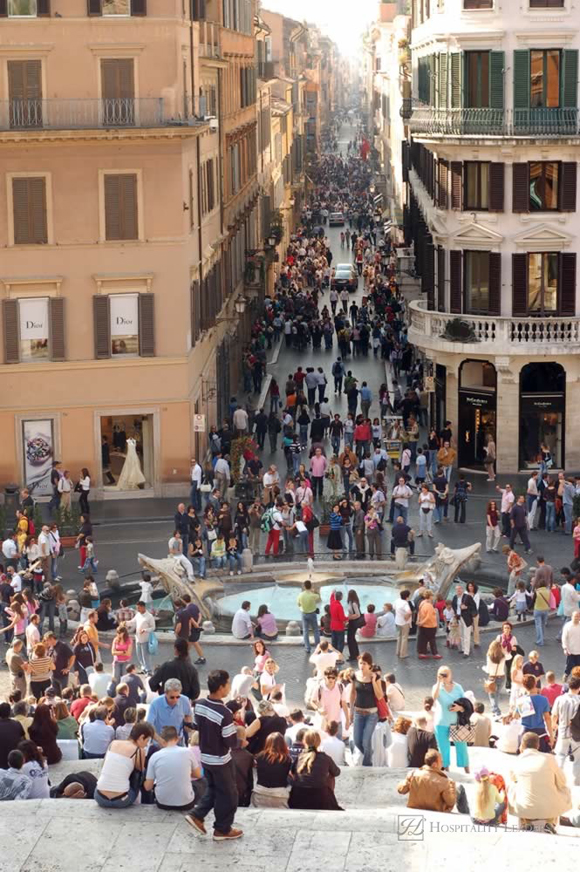
RICHLAND COUNTY, SC?? The state?s hospitality industry wants policymakers to clarify what?s meant by a ?tourist? to ensure money collected on restaurant meals is spent attracting more of them.
The definition is important: Cities and counties must use proceeds from the tax to promote tourism ? in other words, to fund events or destinations to attract people who will eat in restaurants and stay in hotels.
But the 1997 state law left the definition vague. It says a tourist is someone who doesn?t live in ?the immediate area? of an event. State law does not address the proportion of users that must be tourists for a project to be considered tourism-related, either.
Without clarity, local governments have a lot of latitude in how they spend the money, collected in at least 14 of the state?s 46 counties.
Oftentimes, cities and counties want to build or expand parks ? parks that may not do anything to boost tourism, said John Durst, president of the S.C. Restaurant & Lodging Association.
A Camden lawsuit filed last year underscored the issue.
In that case, a group calling itself Citizens for Responsible Government objected to the city?s plans to use hospitality taxes to build a gym, indoor pool and multi-use playing fields.
While city leaders said tournaments would bring hundreds of tourists to Camden, the citizen group said the sports complex mostly would benefit residents.
?That (lawsuit) brought the matter to a head and raised awareness among a lot of people that maybe there needs to be more close examination ? especially by our industry, which collects those monies ? as to how the funds are used,? Durst said.
Circuit Judge Alison Lee heard the case in November but has not ruled.
In the meantime, work on Camden?s sports complex was halted. Nothing has been built, city manager Mel Pearson said.
The definition of ?tourist? also has played into Richland County?s examination of how it spends $5.4 million a year in restaurant-tax proceeds.
County lawyer Brad Farrar advised an ad-hoc committee on hospitality tax issues to use the definition from state law in deciding which projects qualify for use of the money.
That led committee chairman Jim Manning to comment: ?Anybody that can?t see the place from their house basically is a tourist.?
The law says that, for spending on construction projects, local governments should consider a tourist to mean ?a person who does not reside in but rather enters temporarily, for reasons of recreation or leisure, the jurisdictional boundaries of a municipality for a municipal project or the immediate area of the project for a county project.?
Durst acknowledged that a commonly used definition for a tourist is someone who travels at least 50 miles for a function but said he wouldn?t get into which definition his group would prefer.
Click here to read more.
Source The State

